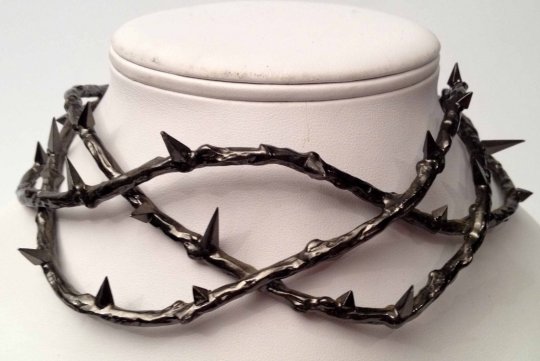Behold my collection of trinkets that fill my nest. He/Him
Last active 4 hours ago
Don't wanna be here? Send us removal request.
Text
I just can’t be normal about them I had to make an edit ofc
275 notes
·
View notes
Text

It’s a good thing they casted someone who looks a bit like young Snow to play Haymitch because it helps make it more believable that he was so insufferable that he had a gay man ready to commit a hate crime
24 notes
·
View notes
Text
33K notes
·
View notes
Text
@chiconisroc
Do y'all ever read a fic so good that it makes you want to elevate your own craft and also befriend the writer? It's almost like, "Hi! You write so well that you've inspired me to embark on a creative training arc. Also, can I yell about the character in your dms because you get it?"
18K notes
·
View notes
Photo
Brian wearing this.

Thorn collar, Thierry Mugler
67K notes
·
View notes
Text
"If tampons should be free, then so should my diabetes meds."
Yes? Yes they should be? Your life-saving medication that you need in order to live for a condition you were born with should be given to you at no cost?
107K notes
·
View notes
Text
Sean, this you?
Loved one got top surgery yesterday so I made this for him but I think y’all would appreciate it too

78K notes
·
View notes
Text






12 notes
·
View notes
Text


19 notes
·
View notes
Text
"kill them with kindness" WRONG. chair attack 🪑🪑🪑🪑🪑🪑🪑🪑🪑🪑🪑🪑🪑🪑🪑🪑🪑🪑🪑🪑🪑🪑🪑🪑🪑🪑🪑🪑🪑🪑🪑🪑🪑🪑🪑🪑🪑🪑🪑🪑🪑🪑🪑🪑🪑🪑🪑🪑🪑🪑🪑🪑🪑🪑🪑🪑🪑🪑🪑🪑🪑🪑
132K notes
·
View notes









